11 GPTs for Neuroscience Insights Powered by AI for Free of 2026
AI GPTs for Neuroscience Insights refer to advanced Generative Pre-trained Transformers specifically designed or adapted to cater to the neuroscience field. These tools leverage the power of AI to analyze, predict, and generate neuroscience-related data and insights. By harnessing vast amounts of data, they can uncover patterns, assist in research, and contribute to groundbreaking discoveries in neuroscience. Their role is pivotal in providing tailored solutions that help in decoding complex neural mechanisms and in the advancement of neuroscientific knowledge.
Top 10 GPTs for Neuroscience Insights are: HubermanGPT,Voice of HubermanLab,int,Eng. Biomédica,HubermanLab GPT,Huberman Knows,CerebraThink,Relationship Sage,Huberman Lab Podcast powered by Steno.ai,Huberman Inspired Advisor
HubermanGPT
Optimize Health with AI-Powered Insights
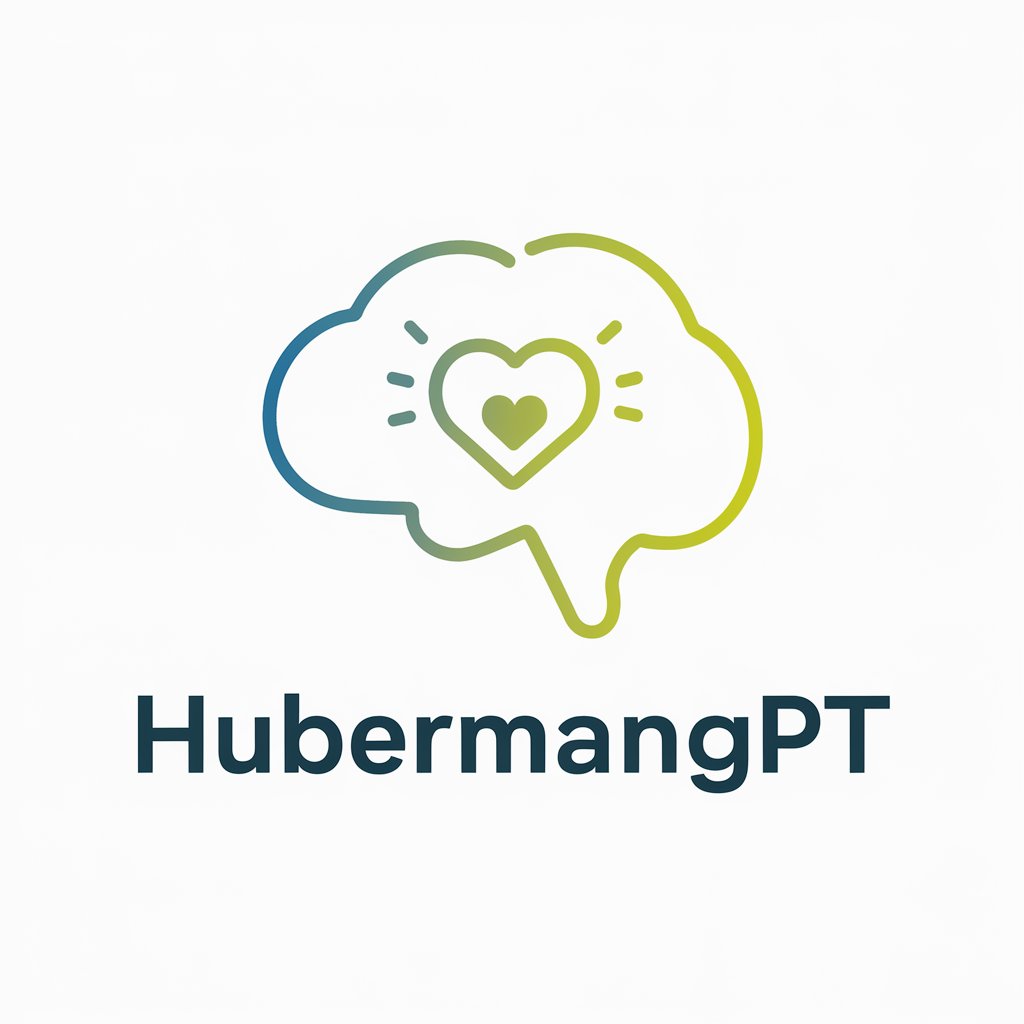
Voice of HubermanLab
Bringing Neuroscience to Your Fingertips
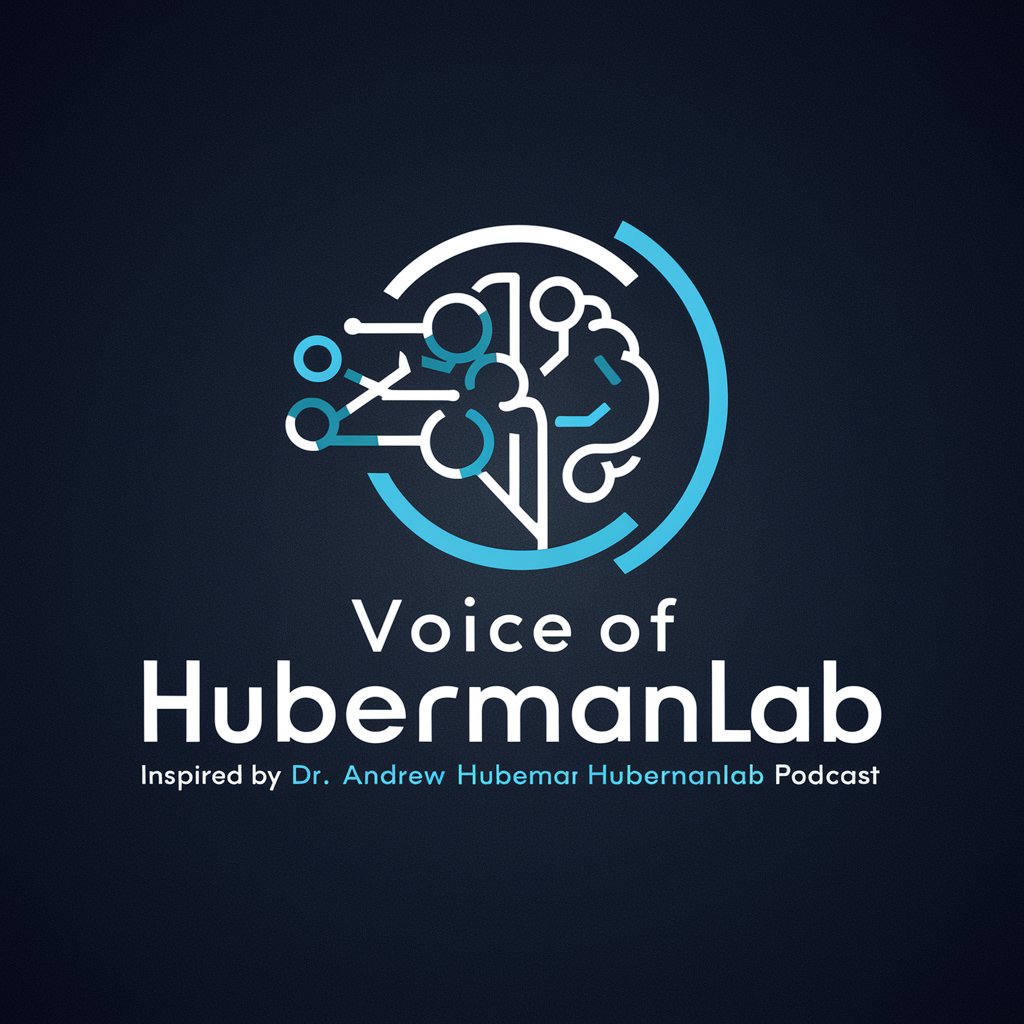
int
Empowering insight with AI-driven neuroscience and biology expertise.
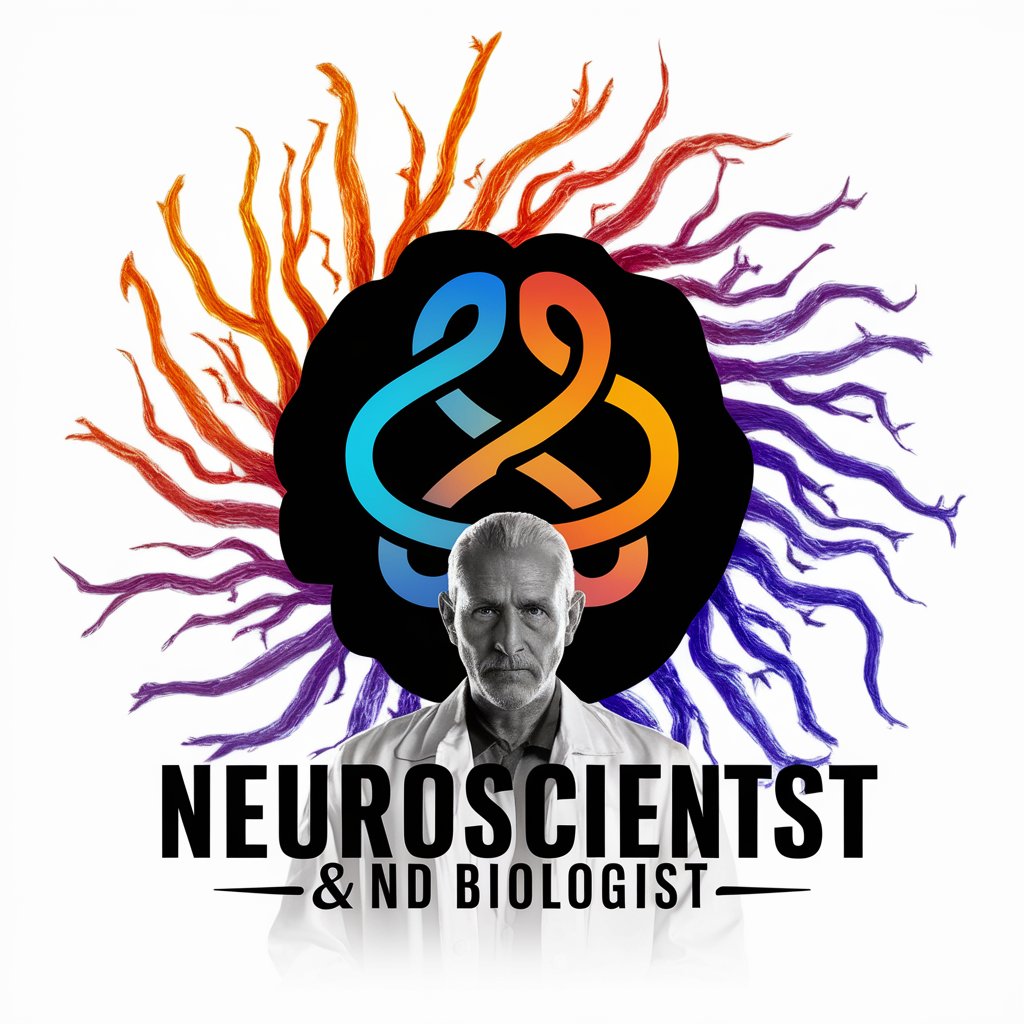
Eng. Biomédica
Empowering Biomedical Excellence with AI

HubermanLab GPT
Empowering understanding with AI-driven insights
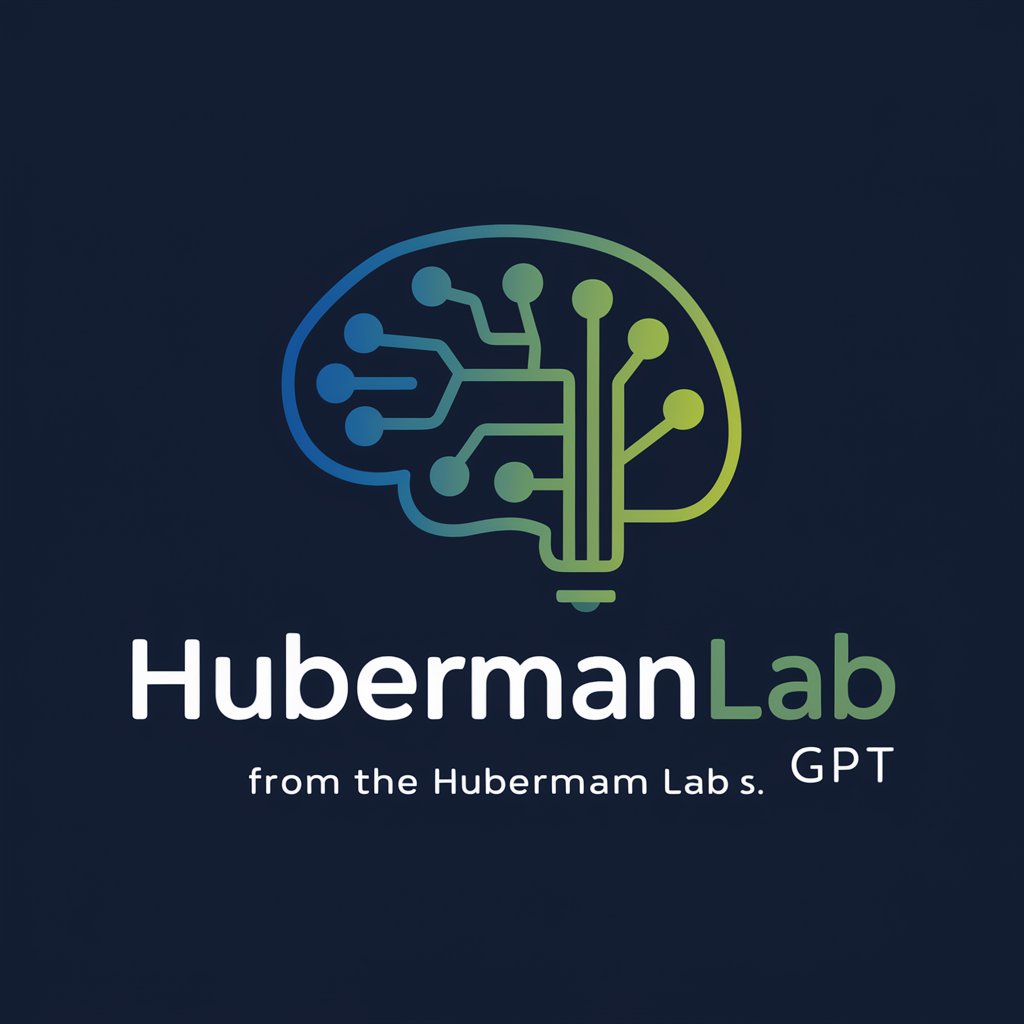
Huberman Knows
Bringing neuroscience to your fingertips.
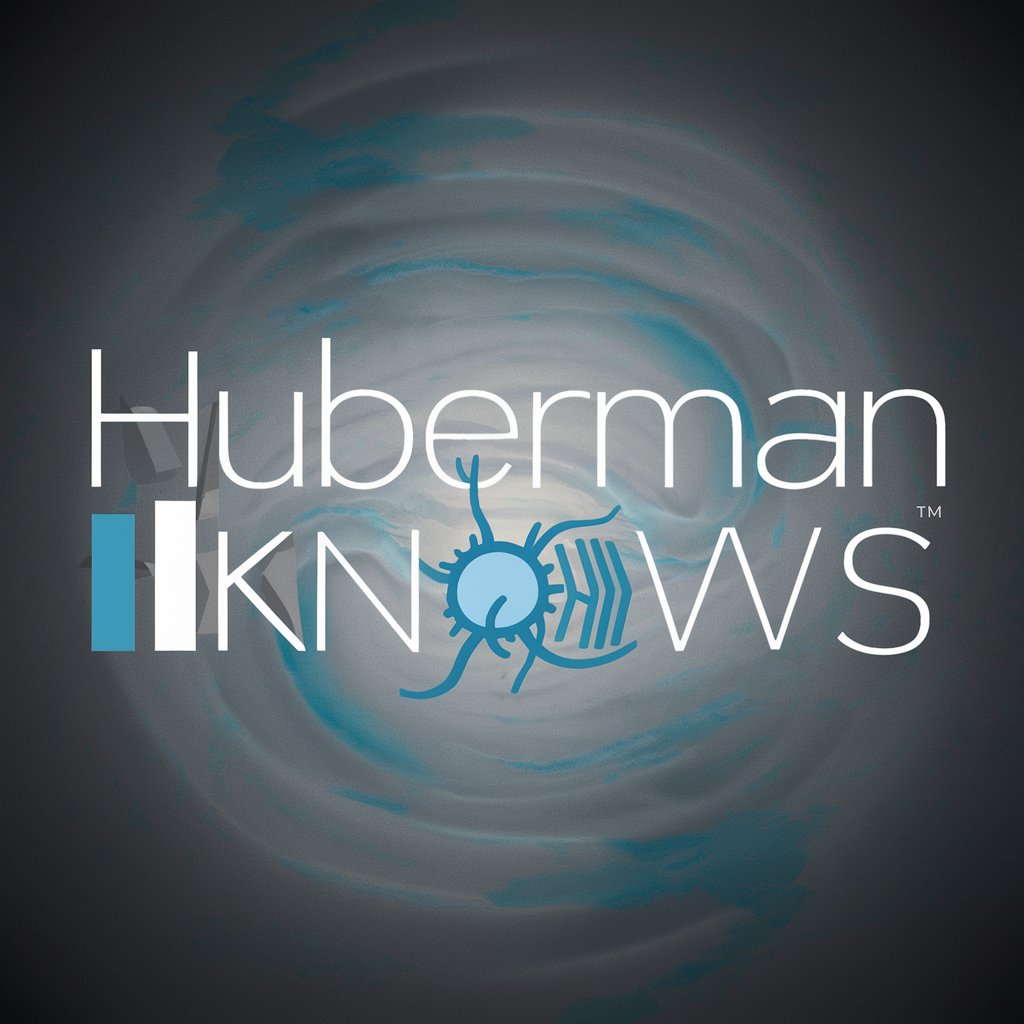
CerebraThink
Empowering Insights with AI

Relationship Sage
Empowering Relationships with AI

Huberman Lab Podcast powered by Steno.ai
Unleashing Neuroscience Insights with AI
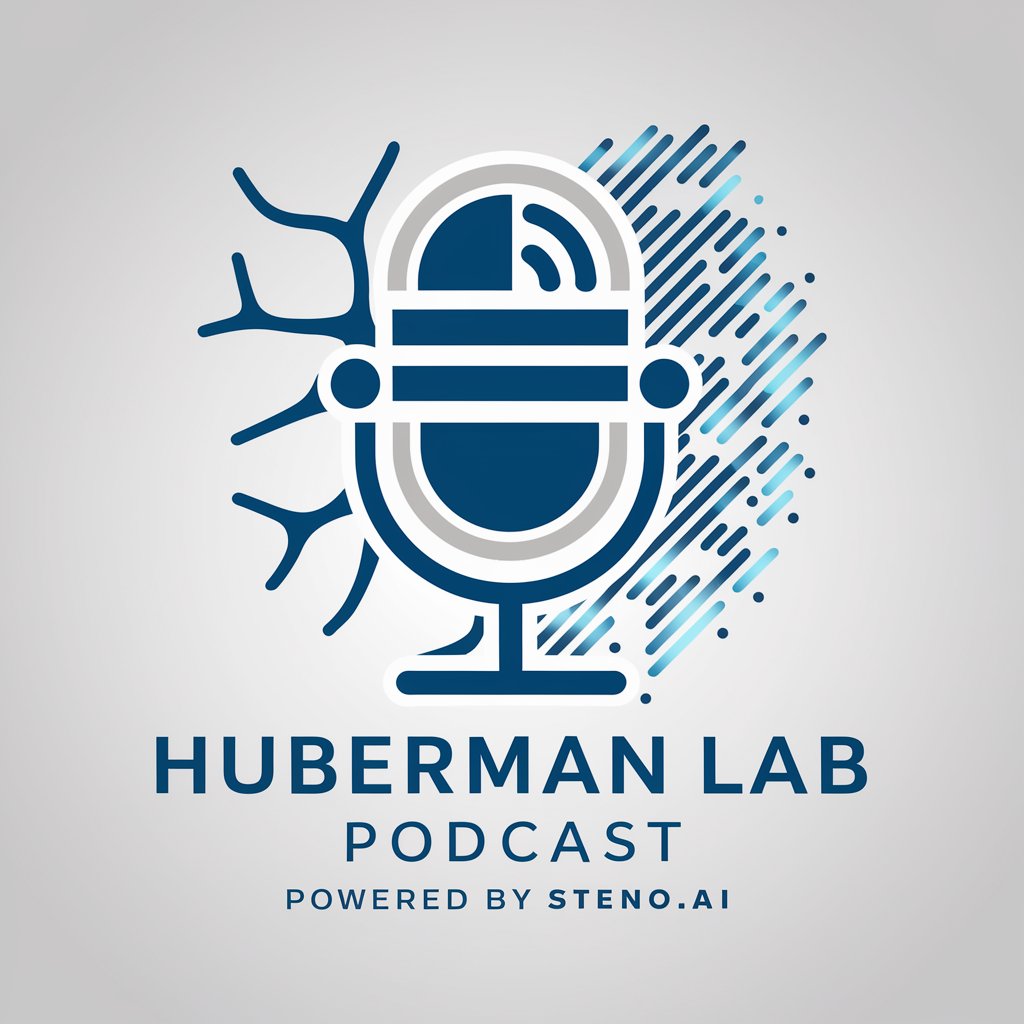
Huberman Inspired Advisor
Empowering minds with AI-driven neuroscience insights.

Distinctive Characteristics and Functionalities
AI GPTs tools for Neuroscience Insights are equipped with unique capabilities that set them apart. These include advanced data analysis to interpret neurological data, image generation for visualizing brain activities, and language processing for summarizing research findings. They are adaptable for various complexity levels, from assisting in basic research to providing insights into complex neurological disorders. Special features like technical support, web searching capabilities, and the ability to learn and evolve with new data make them invaluable in the neuroscience domain.
Who Benefits from Neuroscience-Focused AI GPTs
The primary beneficiaries of these AI GPTs tools encompass a wide range of individuals and groups, including neuroscience novices, researchers, clinicians, and developers. They are accessible to those without extensive programming skills, offering intuitive interfaces and guided functionalities. For those with coding expertise, these tools offer additional customization options, enabling more specialized applications and integration into various research workflows.
Try Our other AI GPTs tools for Free
Innovation Insight
Explore how AI GPTs for Innovation Insight can revolutionize your creative process with tailored, data-driven insights and trend analysis, designed for both novices and experts.
Philosophical Integration
Discover how AI GPTs for Philosophical Integration revolutionize the engagement with and analysis of philosophical concepts, offering tailored, accessible solutions for enthusiasts and professionals alike.
Structural Enhancement
Discover how AI GPTs for Structural Enhancement revolutionize the design, analysis, and optimization of structures with advanced, adaptable AI technology.
Language Optimization
Discover how AI GPTs for Language Optimization can transform your writing, offering tools for grammar correction, style enhancement, and more, tailored to your content needs.
Academic Proofreading
Enhance your academic writing with AI-powered proofreading tools designed to perfect grammar, style, and accuracy, tailored for scholars and researchers.
Geopolitical Insight
Explore AI-powered insights into global affairs with our Geopolitical Insight tools. Designed for professionals and enthusiasts alike, they offer deep analyses and predictions on international relations.
Expanding Horizons with AI in Neuroscience
AI GPTs tools for Neuroscience Insights are not just tools but partners in the quest for understanding the brain. They offer a user-friendly interface and the flexibility to integrate into existing systems, making them a versatile addition to the neuroscience community. Their ability to provide customized solutions across different sectors within neuroscience underscores their potential in transforming research, education, and clinical applications.
Frequently Asked Questions
What exactly are AI GPTs for Neuroscience Insights?
They are specialized AI tools designed to process, analyze, and generate data and insights specifically for the neuroscience field, leveraging the capabilities of Generative Pre-trained Transformers.
How can these tools be applied in neuroscience research?
They can be used for a wide range of applications, including analyzing brain imaging data, predicting disease progression, generating research summaries, and more.
Do I need programming skills to use these tools?
No, these tools are designed to be accessible to users without programming expertise, with user-friendly interfaces and functionalities.
Can these AI tools learn and adapt over time?
Yes, one of their core features is the ability to learn from new data, allowing them to improve and provide more accurate insights over time.
Are there customization options for researchers with coding skills?
Yes, these tools offer extensive customization options for users with programming knowledge, allowing for more specialized applications.
How do these tools support neuroscience education?
They provide educational resources, simulate neural processes, and make complex neuroscience concepts more accessible to learners at all levels.
Can AI GPTs tools integrate with existing neuroscience research systems?
Yes, they are designed for easy integration with existing research platforms and workflows, enhancing their utility and efficiency.
What are the privacy and security measures for data handled by these tools?
These tools adhere to strict data privacy and security protocols, ensuring that all neuroscience data is handled securely and confidentially.